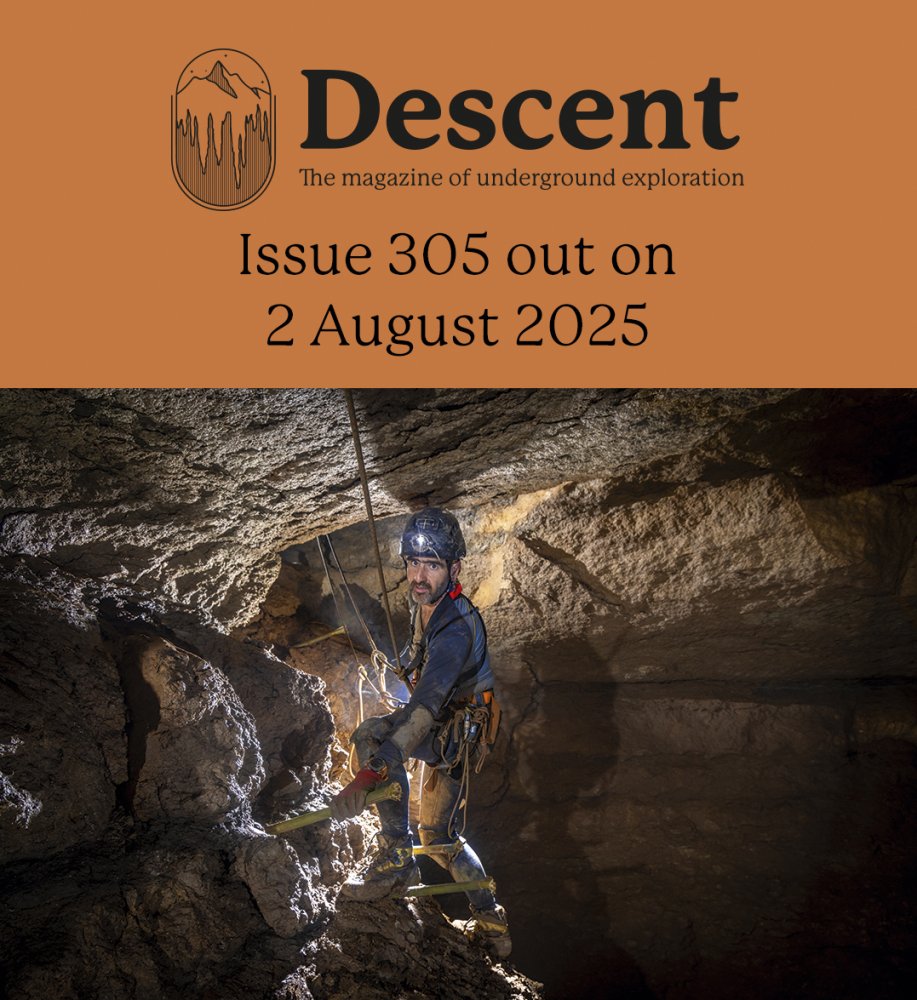I wouldn't have wanted my first post on here to be leaping in to a contentious subject but here goes anyway:
I do find this argument somewhat bizzare and naive. Whilst I understand, and sympathise, with those who are trying to make a living from something that others are willing to do for free (I've been in that situation myself) it is, I'm afraid one of the inevitable problems of artistic persuit.
Ultimately the market will find its own value and people will pay what they think is the appropriate 'value' for something they want. If your photographic endevour has sufficient value then someone will pay for it, regardless of what ever else is out there. The biggest barrier to that - the biggest lowerer (if that's a word) of value - is not some publisher trying to make a living (I'll come to that later) but the fact that we all have cameras and think (sometimes incorrectly - myself included) that we can take a good picture ourselves. If Mr Photographer comes to me and says:
'I have a fantastic photo of', say, 'Layby Pot. Would you like to buy it?' I would most likely say, as would you all:
'Thank you good Sir for your kind offer of furnishing me with that most desirable of photographic reproductions of a fine speleological site in return for recompence, in the form of a mere few of our great English Pounds, but I'll just pop down and do it myself thanks!' (In reality we probably wouldn't 'cos its down Stoney Dale and therefore inherently squalid - but thats another argument).
Now, the point here is that no one would then say that I am a bad person (not for that reason anyway) for depriving Mr Photographer of his living by doing it myself for 'free' Now before you all start saying:
'But Phil, old chap, that's not the same thing at all'
Well, you're right - but not entirely.
1) The fact that I can get photos of Caves for free (doing it myself) doesn't mean that I won't pay for it as well - I have the work of professional cave photographers on the wall of my living room (paid for, I hasten to add). Photography being available for little or nothing does not mean that all photography becomes worth nothing. In fact I would suggest that the more Cave photography there is about, at whatever standard, then the greater the awareness and therefore percieved value of the best.
2) In the example above I did not get my photo for 'nothing' - I invested a lot of time effort, equipment and skill (OK - not much of that) to get my free picture of Layby Pot. That is why none of you would slate me for it - Although the cave is a 'free' resource (and if it wasn't we'd try to go and photgraph one that was) both me and Mr Photographer have 'added value' to it by our endevours and both have profited in different ways - Mr Photographer by making money (except in this case) and me by not spending the money and other more etherial things like satisfaction etc. Would anyone suggest that we have imorally profited from the provider of that free resource (the landowner) - no I thought not! Now - and here's the leap - Mr Publisher is doing nothing different he is getting a resource for free (and wouldn't we all if we could) and adding value to it by publishing the photos, which takes time, money and skill that we don't have. When he sells the book he is then profiting from the value he has added.
3) The whole profiting thing! Well, this shouldn't even be an argument. Most of us go to work and earn money, provided by other people, for turning some sort of resource (again provided by others) into something else to pass onto someone else at a profit (I know its something of a generalisation but even service industries profit people - we don't slag off firemen, nurses, etc. for 'profiting' from people). That is life. That is how most of us survive. That is all the publisher is doing - GET A GRIP!! In fact others ARE profiting in some sense from this - part of the 'added value' is the production value of the book enhancing peoples photos, the free publicity for the photographer (The increased awareness of the work of ALL cave photographers - Free marketing you sponging B*****ds

), the satisfaction of seeing work in print etc. etc. This has added much greater value to many photographs than they would have sat in a drawer (or hard drive) at home. Now, if you think your work carries greater value than that then don't enter into the bargain in the first place but don't - and this is important - DON'T criticise those for whom it is a good deal and a greater 'profit' than they would gain by not providing the pictures - Its that simple.
I'd just like to stress that this is not a criticism of anyone - I can see all sides of this - just an attempt to give it some perspective.
Right now that's over I'll post about Caving in future.
Phil



